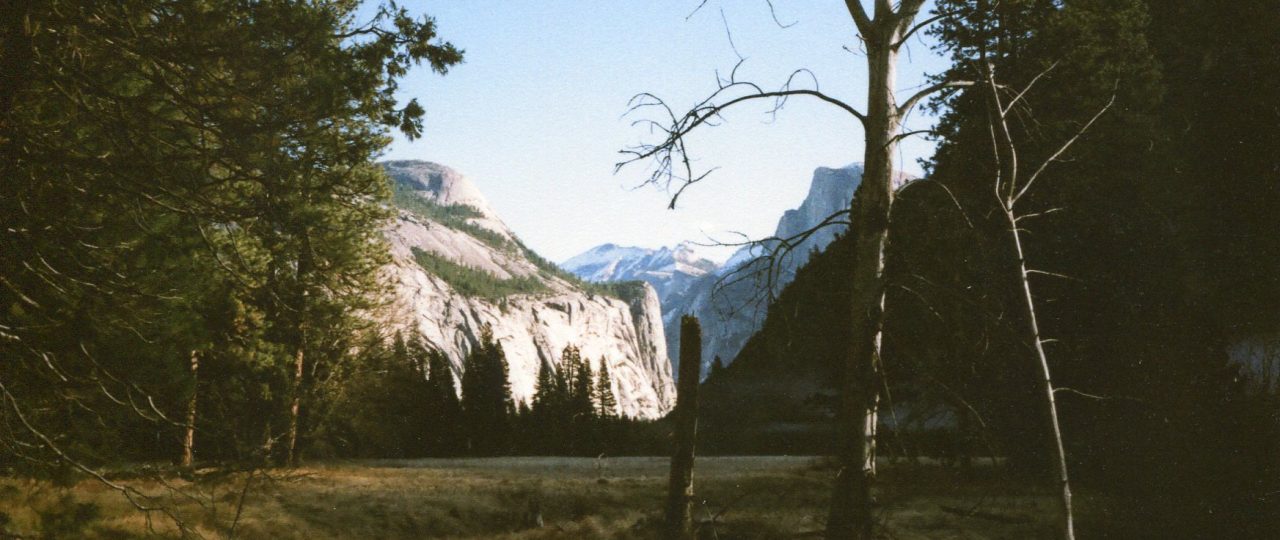education for sustainability
“To define is to limit”
– Oscar Wilde
I believe that to define things (whether it is through land borders or language) can be important, but it is also a very human concept. Although I myself am human, I find it somewhat limiting and difficult to do. Here I offer up some of my beliefs about sustainability and education, but they are fluid concepts. Find out more about my UBC M.Ed (EfS) program at http://efs.edst.educ.ubc.ca/. Also, nested under this page are various ramblings and thoughts I have related to the work we’ve done in our classes.
Sustainability:
Sustainability describes an equilibrium; it is a balance in which we use only what we need and treat the Earth as a partner rather than a mere resource. To maintain a sustainable lifestyle is to value simplicity (hence this website name “just a few things”) and to build community. Building community is important because it helps us realize that everything is interconnected, and that small actions can cause a cascade of more actions (good or bad). Sustainability is realizing that some sort of flow exists – it is a cycle, which we as humans are just a part of and do not control.
Education:
Education should entail gaining meaningful knowledge or skills. It is teaching people how to think, rather than what to think. We should focus less on how many facts students can memorize and more on teaching them skills they can apply to the world around them. The experiences that change us and that we remember often don’t happen within a classroom, and much of our learning takes place elsewhere. I believe that learning is more effective when it is experiential. When gaining new knowledge is done actively rather than passively, it tends to resonate more. I recall facts from UBC field courses where we went birding at Jericho Park or learned about glaciers while standing on one in Iceland, but I don’t think I could recall all of the amino acids (even if I spent countless hours memorizing all of them). Finally, I believe that education should be done through dialogue. Students can gain more knowledge and confidence by engaging inquiry-based conversations and projects than they could while sitting in a lecture hall.
Therefore, education for sustainability exists as a dialogue between these two concepts; it the simultaneous and fluid act of teaching and learning between instructor and student, where the teacher can be a place or a community, or the learner can become the teacher. It is an action that hopes to echo into the real world and facilitate positive, noticeable change.
